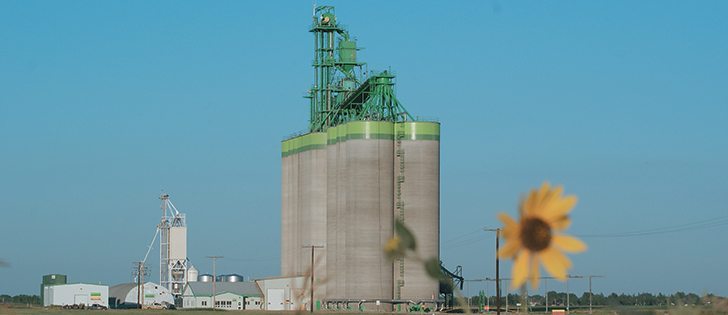Company says upgrades will bring more 100-car loader facilities in Western Canada
It’s better to increase train-loading speed first and add storage later, Cargill Canada has decided.
So in the past couple of years, the company has poured most of its elevator investment capital into building large unit train loading facilities rather than big new bins.
“That’s upgrading every possible facility (to have) a 100-car loader versus the 25s and 50s we had previously,” Cargill vice-president John Buboltz told the Western Canadian Wheat Growers Association annual convention Jan. 8.
“It’s so dependent on the transportation. Our whole goal was that if you don’t have 100s, you might get passed by. So (we decided to) focus on that to get yourself up to speed.”
Read Also

Canadian Food Inspection Agency extends chronic wasting disease control program consultation deadline
Date extended for consultation period of changes to CWD program
The implications of the demise of the CWB marketing monopoly provoked much discussion at the WCWGA convention, as they have at most grain farming conferences since it became clear the monopoly was going three years ago.
The changes have altered the way protein spreads in wheat are priced, how companies collect grain from farmers and then move it to customers, and how Canadian crops are marketed overseas.
Buboltz said the end of the monopoly was a good development, and Cargill has seen markets and demand improve for Western Canadian crops.
The company expected this and poured money into improving elevators, but not by focusing on boosting storage capacity, even though Western Canada has far less on-site elevator storage than does the United States or Australia.
In those countries, farmers move much or most of their grain off-farm immediately at harvest, while in Canada most of the crop is kept on-farm and moved during the year.
Buboltz said Cargill wants to increase storage but saw quicker gains in improving train-loading.
“How do we make this supply chain as efficient as possible?” said Buboltz. “Our focus … has been on efficiency.”
Jim Pallister of Portage la Prairie, Man., warned Buboltz that farmers would be less likely to deliver to Cargill if they can take their grain somewhere else at harvest time.
“If you aren’t preparing to take delivery of the farmer’s grain at harvest, you may not get it,” he said.
“That’s how it works in these other jurisdictions.”
Buboltz didn’t disagree, but said the question is one of emphasis and timing.
“It’s a balance,” he said.
“Our whole mindset, since Day 1 of the wheat board (change), was trying to be as efficient as possible. That’s the goal, I think, that helps everybody through the whole supply chain.”
ed.white@producer.com
















